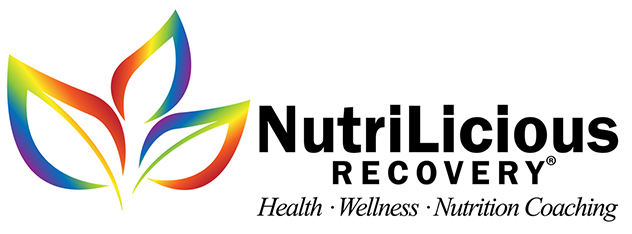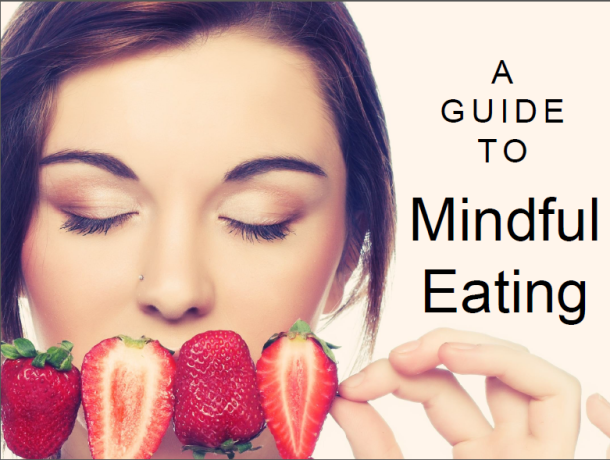- What is sugar?
- Do we need sugar, and if so, why?
- What is the sugar cycle?
- What ailments excessive sugar consumption cause?
What is sugar?
“Sugar” refers to several molecules that belong to a family of carbohydrates. They are short carbohydrates. “Sugar” includes glucose & fructose (monosaccharides), and sucrose (1 glucose + 1 fructose). Ultra long carbohydrate chains (glycogen) are not considered “sugar”. Longer carbohydrate chains are unrefined fuel, and the body has to “burn” them by first breaking them down. So our bodies prefer to STORE longer chain carbohydrates and burn the more efficient shorter chain carbohydrates.
Do we need sugar, and if so, why?
Our brain is highly dependent on our blood’s sugar supply for proper brain function. That said, we don’t NEED it to be short chain, because our body can go through the extra steps of breaking down the longer chain carbohydrates and create shorter blocks for efficient fuel.
Our brains have evolved a strong appetite for sugary flavor because it needs fuel. Thousands of years ago this was a survival urge because it led us to eat fruits, and we considered it a treat! It kept our neural networks developed and kept us alive. Today however with the vast choices of foods in market, the shorter chain carbohydrates, refined sugars, we are becoming involved in a cycle of pleasure while eating this sugar. Note that I’m not referring to natural sugar found in real food.
What is the sugar cycle?
Pleasure/rewards motivate us to maintain our survival habits: eating, drinking, reproducing, movements, etc. Brain-reward stimulation studies show that we receive pleasure when our brain regions are stimulated. Our neural systems associate rewards with behaviors (gathering food, working for a living, grocery shopping, etc).
Addictions occur when people want to do activities that continually stimulate our pleasure/reward stimulating brain centers. There is now evidence that sugar consumption can also stimulate our brain’s pleasure activation. So, in a way, we can become addicted to sugar when we associate pleasure/rewards with eating sugar. If we are raised on the belief that we deserve brownies when we were good, then as adults, we will go for brownies on our “good” days. Also the amount of pleasure we receive diminishes over time with the amount of our initiating foods. So we will need more sugar to get the same “pleasure.” So this can actually create a sugar cycle, where we crave more each time we need pleasure. It is seen as an actual addiction similar to hard drugs.
What ailments can excessive sugar consumption cause?
Oral disorders with teeth and gums
Sugar cycle addictions can lead to obesity or diabetes
Acidic conditions within the body caused by excessive sugar can lead to multi-faceted symptoms from yeast infections to joint /connective tissue issues to gastric symptoms to autoimmunity to cancer. It depends upon genetic vulnerabilities, environmental conditions, and lifestyle factors.
- Yeast infections: sugar can increase the risk for candida infections. Candida is responsible for a variety of illnesses ranging from discomfort to death
- Joint / Connective tissue: sugar can cause pain and discomfort due to chronic inflammation. Can start slow and could lead to a full-blown disease that limits mobility
- GI symptoms: sugar can alter the healthy gut flora causing an imbalance which over time can lead to chronic inflammation, allergies, and in impaired immune system
- Autoimmunity: can impact not just GI issues but also neural performance contributing to (depending on genetics) issues such as Alzheimer’s, Parkinson’s, MS, and more… Currently there are over 150 autoimmune diseases listed by the AARDA, American Autoimmune Related Diseases Association (www.aarda.org).
- Cancer: According to the American Cancer Society, there are over 100 types of cancer that can cause pain and discomfort to death.
Bottom line is that we don’t need REFINED SUGARS. Our bodies are designed to get what is needed from real food nutrition versus processed foods. How best can you get started? Seek out a health coach that can guide you to success on your own customized health goals from clean eating, weight loss, or even managing chronic illness.



